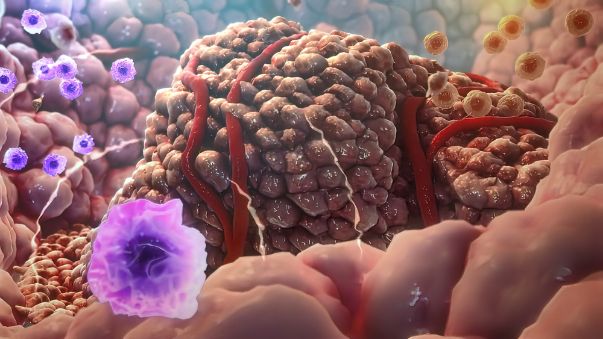Basal cell carcinoma is the most common skin cancer, affecting millions of people each year. It grows slowly and seldom spreads to other parts of the body, but if left untreated it can grow very deep and disfigure the skin. People with lighter skin that rarely tans or freckles are at greater risk for developing basal cell carcinoma and should be checked regularly, especially on the face.
The main risk factor for developing basal cell carcinoma is exposure to sunlight. People with long wavy hair, light eyes, or a family history of the disease also have an increased risk. People taking certain drugs or medications that suppress the immune system are also at higher risk of developing basal cell carcinoma. For example, immunosuppressants used after organ transplantation increase the chance of getting a skin cancer by impairing your body’s ability to fight off germs and other foreign materials.
A basal cell carcinoma develops when a normal skin cell starts to grow too fast and divide without control or order. These extra cells can build up and form a tumor, which is the lumpy, pink- or flesh-colored bump you see on your skin. A scaly or crusty patch of the skin can develop as well, and it may bleed or ooze. Some basal cell carcinomas are small and can be easily removed with a simple procedure. Others can be larger and grow deeper into the skin, wrapping around nerves or blood vessels and invading muscles or bones. These larger lesions can be difficult to remove and might require more aggressive treatment.

Some superficial basal cell carcinomas might be treated with a topical cream or gel. The FDA-approved treatments are 5-fluorouracil (FLU) and imiquimod. Both can cause irritation, erythema, itching, pain, redness, hypopigmentation, and crusting at the application site. These symptoms usually disappear a few weeks after the start of treatment.
Radiation therapy can also be used to treat basal cell carcinomas that are recurrent or resistant to other therapies. This treatment uses high-energy beams of X-rays or protons to destroy cancerous cells. This type of treatment might be used when surgery isn’t an option, such as if the tumour is in a very sensitive location or if it involves a major nerve or vital structure.
Another treatment for BCC is targeted drug therapy. These drugs target specific weaknesses within cancer cells and prevent them from growing or dividing. These drugs can be used alone or in combination with other treatments such as surgery, radiation, or chemotherapy.








